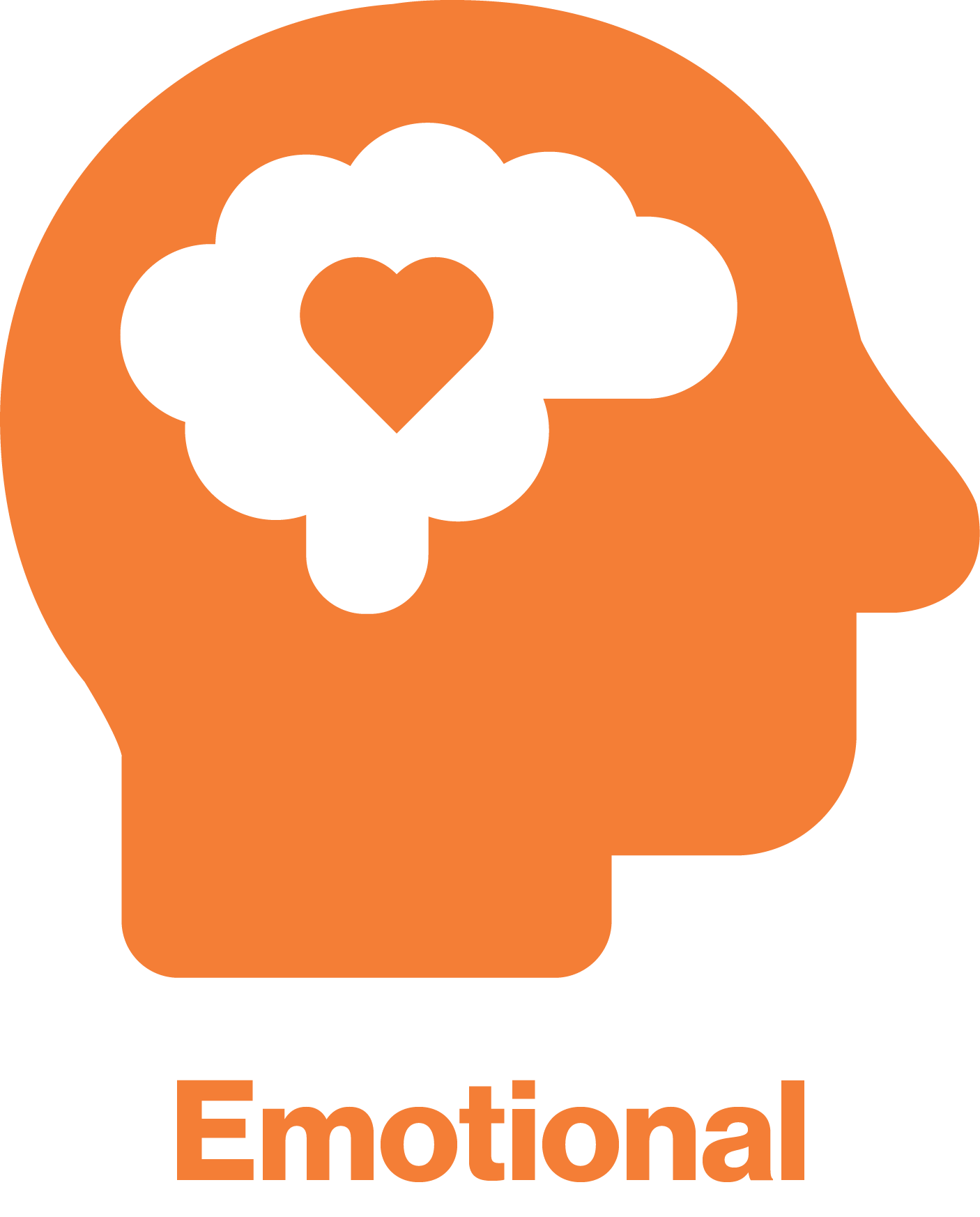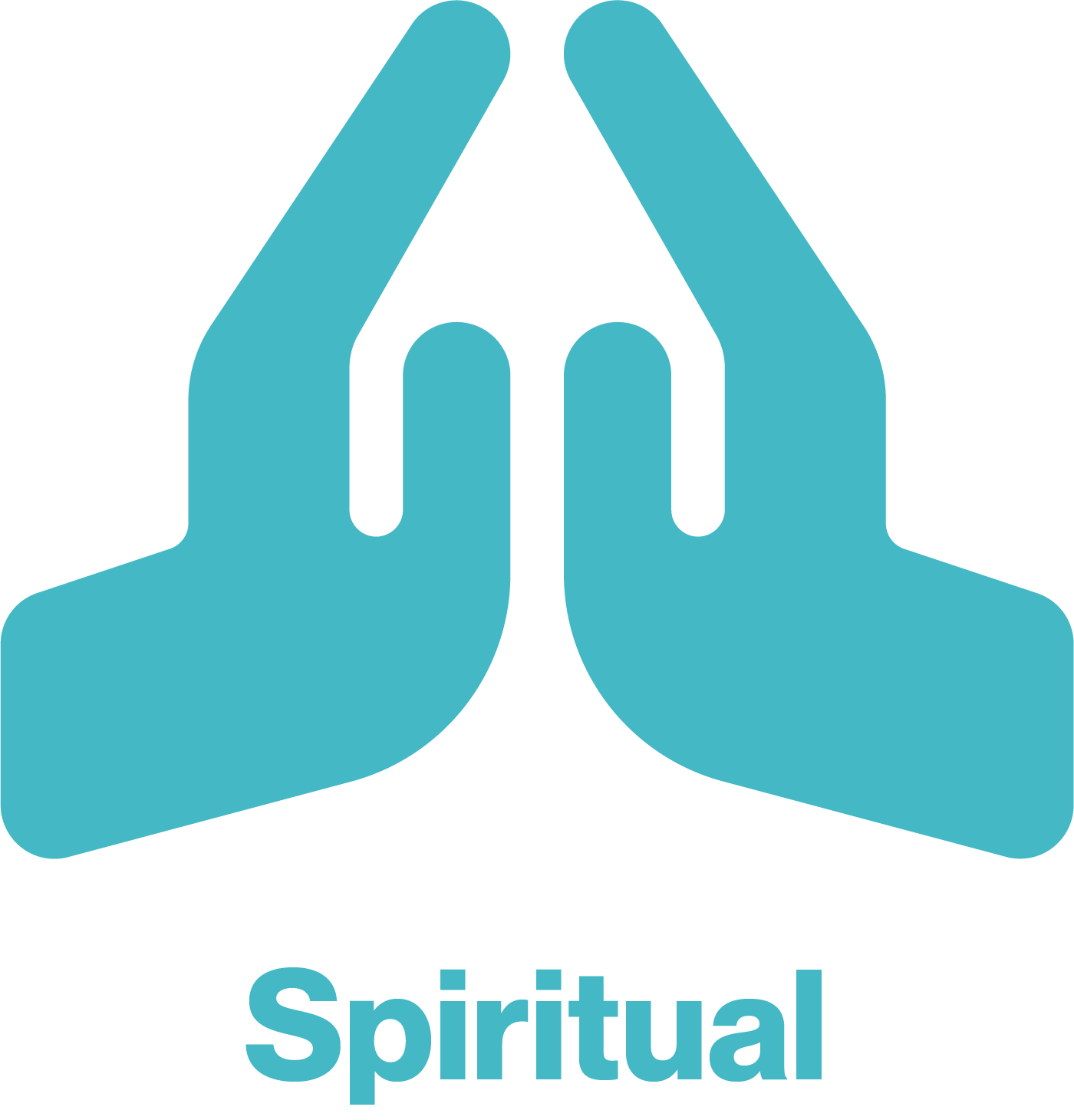

ASU | Edson Wellness
Wellness Work
What is Wellness?
In general, wellness can be defined as being healthy in a multitude of ways, and refers to overall well-being. Wellness is “an active process through which people become aware of, and make choices toward” bettering their lives. Health and wellness are sometimes used interchangeably but their meanings are different. “Health” emphasizes physical, mental, and social well-being, while the focus of “wellness” is to enhance overall well-being. When we affirm wellness as a value in our everyday lives, we can positively impact how we live in a great way.
Although what constitutes wellness can vary based on culture, geography and other circumstances, practicing wellness is important for everyone regardless of race, color, religion, national origin, citizenship, sex, sexual orientation, gender identity, age, disability and life circumstance.
Wellness includes:
- Having purpose in life
- Taking part in worthwhile work and play
- Feeling enjoyment in personal relationships
- Experiencing strong physical and mental health
- Being surrounded by safe environments
- Enjoying overall happiness
- Feeling a sense of belonging and connection

Valuing Wellness
Making efforts to care for ourselves in various ways is essential in today’s complex and ever-changing world. As we continue to experience increases in physical and mental strain, health concerns such as fatigue, burnout, and chronic diseases like diabetes, heart disease, and obesity rise in populations. Research shows that 1 in 5 U.S. adults experience mental illnesses and mental health issues, in general, are increasing worldwide. Those who do experience mental health issues experience additional disease burden.
Engaging in daily wellness practice alleviates life stressors as it provides us with protective factors like strengthening our resiliency in times of uncertainty and stress. Having a personal wellness practice can lead to an overall higher quality of life while decreasing risk factors associated with illness and premature death.
Improving overall wellbeing starts with valuing wellness as an important part of your everyday. Because it is a personal experience, one wellness practice may look different than another. The pandemic has shed light on the importance of improving over-all well-being, and practicing wellness everyday can have a profound effect on creating positive improvements in our lives.
- Learn the eight dimensions of wellness. Promoting wellness a guide to community action. (2016).
- Stoewen, D. L. (2015, September). Health and Wellness. The Canadian veterinary journal = La revue veterinaire canadienne.
- Mental health by the numbers. NAMI. (2022, June).
- U.S. Department of Health and Human Services. (2022, June). Suicide. National Institute of Mental Health.
World Health Organization. (2022, March 2). Covid-19 pandemic triggers 25% increase in prevalence of anxiety and depression worldwide. World Health Organization.

Emotional Wellness
Definition:
Emotional wellness includes everyday feelings and emotions, both positive and negative. This realm comprises self-esteem, self-acceptance, optimism, positive self-talk, resilience through trauma, and involves managing life’s many ups and downs.
Examples:
- Having the ability to talk with someone about your emotional concerns
- Being able to share your feelings with others
- Saying "no" when you need to without feeling guilty
- Feeling you have a strong support network i.e. people in your life that you care about and that care about you in return
- Taking the time to relax and being able to do so
- Feeling good about who you are and feeling content most of the time
- Use the patient portal to schedule an appointment with ASU Counseling
- Open Call Open Chat is a simple way to connect with emotional health and well-being support @ 1-877-258-7429
- Online students can visit 360 Life Services for emotional health support
- Click here for more ASU well-being resources
- Check out the LiveWell Network’s resources on emotional health and well-being
- The Employee Assistance Office (EAO) is here to support you in various ways. Call 480-965-2271 for counseling appointments and non-emergencies or visit the counseling and consultation website, here.
- Watch more about the EAO, here
- Vacation leave benefits and health-related leave

Environmental Wellness
Definition:
Environmental wellness includes sustainability practices and it symbolizes living in agreement with the social and built environments that surround us. This dimension understands that there is a deep connection between our surroundings and our well-being.
Examples:
- Embracing sustainable habits such as using a reusable water bottle, drying laundry outside, or donating items to local charities
- Recycling, composting, or diverting items from landfills as much as possible
- Enjoying and appreciating time outside in natural settings
- Creating home and work environments that are supportive and nurturing by tidying spaces, keeping only meaningful items nearby, and/or adding greenery to a space
- There are many ways to get rewarded by reusing.
Ditch the Dumpster when moving out of your dorm!
- Have a question on disposing of a product? Visit our waste directory for guidance
- Try your hand at sustainable cooking
- Take a self-directed tour of ASU’s arboretum
- The ASU Seed Library is stocked with edible plant and herb seeds which are appropriate for Arizona growing
- Take a self-directed tour of ASU’s arboretum
- There are many ways to get rewarded by reusing.
- Visit our site on office safety, including ergonomics support to ensure you have a healthy work set up
Try your hand at sustainable cooking
- The ASU Seed Library is stocked with edible plant and herb seeds which are appropriate for Arizona growing

Financial Wellness
Definition:
Financial wellness educates on financial literacy including information on how to manage money effectively while planning for the future. This area also involves legal support that affects personal finances such as estate planning, wills, divorce, custody, etc.
Examples:
- Learn to not let money be the driving force of your life or an indication of your self-worth
- Learn more about your student loans
- Think about what your financial goals are and write those things down
- Read or listen to a financial book
- Keep your receipts and try different methods of saving such as “cash stuffing”
- Utilize Wellness@ASU for finance and budgeting worksheets to improve financial literacy
- Read on for ways to cut costs in your everyday
- Apply for any number of ASU scholarships
- Consider reading more about borrowing student loans
- Connect with the Dean of Students for your basic needs
- Protect yourself with online identity theft protection services. Click here for more information on how to receive your 50% discount on LifeLock services.
- ASU offers comprehensive financial security benefits
- Apply or donate to the Judy Reynolds Memorial Scholarship
- Access information on the student loan assistance program
- Don’t forget to use your ASU employee discounts
- Access the Sandra Day O’Connor College of Law’s Civil Litigation Clinic for legal advice or utilize the Employee Assistance Office for counseling on legal trouble
- Corporate discounts are available to ASU employees from these internet, telephone and wireless providers.
- Protect yourself with online identity theft protection services. Click here for more information on how to receive your 50% discount on LifeLock services.

Intellectual Wellness
Definition:
Intellectual wellness supports creativity and growth of knowledge and skills and is cultivated through personal and professional development, cultural involvement, community connection and partaking in personal hobbies.
Examples:
- Ask an advisor or mentor to meet for coffee
- Surround yourself with others different from you, with new and interesting perspectives and be open to new ideas
- Pick up a new hobby
- Join a club or take a new class to challenge yourself
- Use a free language learning app
- Access any number of journals, newspapers, and periodicals
- Visit the LiveWell Network’s page on intellectual wellness, including brain health, time management , and ways to stay focused
- Check out any number of ASU community events that may pique your curiosity
- Kindle your thinking and ignite your imagination with industry-leading videos from world-class faculty at ASU
- ASU offers a tuition reduction program for employees, their spouses and their dependent children to pursue classes and educational opportunities
- ASU CareerCatalyst offers more than 250 courses and programs to empower everyone to reach their goals and explore their passions
- Access any number of journals, newspapers, and periodicals
- Kindle your thinking and ignite your imagination with industry-leading videos from world-class faculty at ASU

Occupational Wellness
Definition:
Occupational wellness aims to nurture skills and talents while gaining purpose and improving contentment in one’s career.
Examples:
- Feeling inspired, challenged, and motivated
- Increasing your knowledge and skill level
- Finding benefits and positive aspects about your job
- Experiencing a sense of positivity after finishing a day of work
- Balancing work with personal time
- Communicating, collaborating and working with others while creating connections
- Successfully working independently
- Career and Professional Development Services
- Handshake - Launch the next step in your career
- Organizational Excellence Community of Practice for networking events

Physical Wellness
Definition:
Physical wellness involves nutrition, physical activity, sleep habits, and routine medical care among many other things. It includes daily habits and behaviors that reduce risk of illness and improve overall quality of life.
Examples:
- Moving your body in a way that feels good to you
- Recognizing the signs and symptoms of when you start to feel ill or unwell
- Eating foods and food groups that make you feel good
- Getting enough sleep for your body
- Resting when you need it
- Check out the Tempe Campus or Polytechnic bike co-op to check out bicycles for up to ten days free of charge
- Access any of the Sun Devil Fitness Centers at any campus
- Consider playing an intramural sport
- Connect with Health Services for individualized treatment
- Lactation rooms are available and provide clean and private spaces outfitted with electrical outlets, comfortable chairs and nearby running water
- Arizona State University offers comprehensive medical insurance plans, dental, vision, pharmacy and health spending accounts
- Additional disease management support is available for benefits-eligible members who have been diagnosed with a complex ongoing medical condition, have a new diagnosis, or for general disease management assistance. Including a nurse line for treatment questions: 800-401-7396.
- HIP-Health Impact Program is an award-winning well-being program for all benefits-eligible employees to earn a $200 annual incentive.
- Health related workshops on sleep are available by request through EAO. Call 480-965-2271 to schedule or customize a class for your team.
- Diabetes Prevention Programs are available for benefits-eligible employees, their spouses, and dependents ages 18 and older at no charge.
Preventive exams are available for ASU benefits-eligible employees to receive a free 30-minute health screening per calendar year.

Social Wellness
Definition:
Social wellness includes connection, belonging and comprises the growth and upkeep of positive relationships with friends, family, coworkers, and the community. Encompassed within this arena is social support, self-esteem, emotional resilience, and conflict management.
Examples:
- Keeping in touch with those who support you
- Conflict management
- Understanding your personal needs in social settings
- Participating in group activities, study groups, or volunteering
- Actively listening to others
- Read more on social-emotional health, tips, and resources including conflict management
- Browse opportunities to connect and get involved with others on Sun Devil Sync or ASU Events
- Tap into your creative side with a visit to the ASU Art Museum
- Browse opportunities for learning, networking, and more with ASU Events
- Consider participating in a Staff Night at Gammage Auditorium
- Tap into your creative side with a visit to the ASU Art Museum

Spiritual Wellness
Definition:
Spiritual wellness encompasses the values, ethics, and principles that guide our actions. This area aims to help us find meaning and have purpose in our daily lives.
Examples:
- Developing a purpose in life
- Reflecting on life’s events
- Having an understanding between right and wrong
- Practicing forgiveness
- Practicing compassion
- Caring about the welfare of others and the surrounding environment
ASU’s Center: Mindfulness, Compassion, and Resilience strives to change the world into a more compassionate and inclusive place by creating a mindful, welcoming culture of caring and belonging and is dedicated to changing the world through mindfulness.
- Although non-sectarian, the ASU community is made up of a vibrant and diverse multi-faith community with physical spaces for reflection and prayer. Open for contemplation, meditation, reflection or prayer, the Reflection Room allows for contemplation and peaceful escape from the ongoings of everyday life.
- Check out many Well Devil Zones for opportunities to rest and relax
- Traditions can be important for many reasons. It teaches us about other cultures and offers new knowledge on things we may not know of. Many traditions can have a spiritual experience which can tie us together to create a community that bonds multi-diverse backgrounds as one.
ASU’s Center: Mindfulness, Compassion, and Resilience strives to change the world into a more compassionate and inclusive place by creating a mindful, welcoming culture of caring and belonging and is dedicated to changing the world through mindfulness.
- Although non-sectarian, the ASU community is made up of a vibrant and diverse multi-faith community with physical spaces for reflection and prayer.